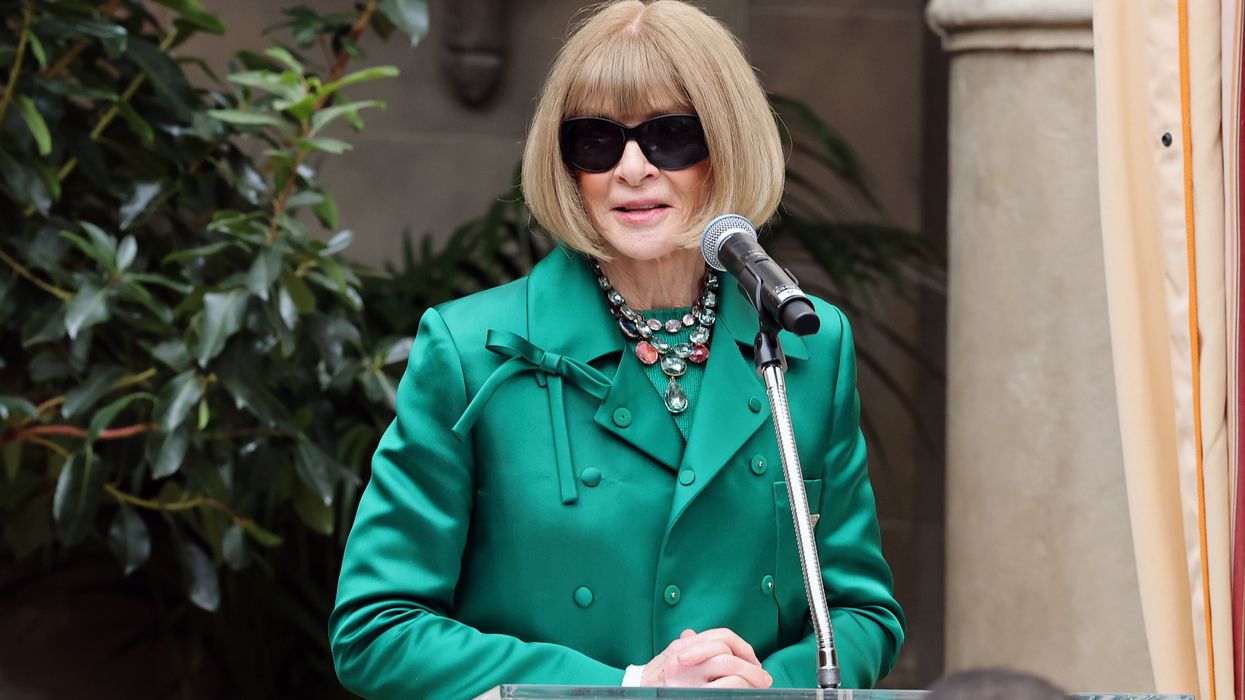Key points
- Anna Wintour steps down as editor of US Vogue after 37 years
- She will remain Vogue’s global editorial director and hold senior roles at Condé Nast
- Wintour transformed US Vogue into a global fashion authority
- The 75-year-old has received numerous honours, including the Presidential Medal of Freedom
End of an era at US Vogue
Anna Wintour has stepped down as the editor of US Vogue, bringing to a close a 37-year tenure that redefined the publication and saw her become one of the most influential figures in global fashion.
The announcement was made on Thursday (26 June) during a staff meeting in New York. Wintour, 75, will no longer oversee the day-to-day editorial operations of Vogue’s US edition. However, she will continue to serve as Vogue’s global editorial director and Condé Nast’s chief content officer, maintaining senior leadership roles across the company.
A transformative legacy
Wintour took the helm of US Vogue in 1988, inheriting a relatively conservative magazine. She swiftly transformed it into a trendsetting, authoritative voice in fashion. Under her leadership, the publication became known for its iconic covers, high-end photography, and ability to shape careers in the fashion industry.
With extensive budgets and strong advertising support, Vogue became a global fashion flagship, influencing designers, celebrities, and brands worldwide.
Wintour’s style of leadership earned her the nickname “Nuclear Wintour” for her decisiveness, with some reports noting her tendency to make bold editorial decisions without extensive discussion. Her distinctive bob haircut and ever-present sunglasses made her a recognisable front-row figure at fashion weeks around the world.
Beyond the magazine
The British-born editor rose to wider public fame as the inspiration behind the character Miranda Priestly in The Devil Wears Prada — both the 2003 novel and the 2006 film adaptation. While Wintour rarely commented on the portrayal, she acknowledged the attention it brought, most recently during the launch of a stage musical adaptation in London in 2024.
She told the BBC, “They [my sunglasses] help me see and they help me not see. They help me be seen and not be seen. They are a prop, I would say.”
Wintour also became synonymous with the Met Gala, the annual high-profile charity event in New York City, which she has organised for years, drawing celebrities from fashion, film, politics, and sport.
Recognition and future plans
Wintour has received numerous accolades during her career. She was made a Dame Commander of the Order of the British Empire (DBE) in 2017 and became a Companion of Honour in February 2025. During the ceremony in London, she removed her sunglasses to receive the award and told King Charles III that she had no intention of retiring.

In the United States, President Joe Biden awarded her the Presidential Medal of Freedom earlier this year before leaving office.
Despite stepping back from US Vogue, Wintour will continue to oversee several major Condé Nast titles including Wired, Vanity Fair, GQ, Condé Nast Traveler, and Glamour, as part of her global leadership responsibilities.
In her remarks to staff, she described the decision as “pivotal” but confirmed she would not be leaving the company or her office. “I’ll be turning all my attention to global leadership and working with our team of brilliant editors around the world,” she said.
© Agence France-Presse





